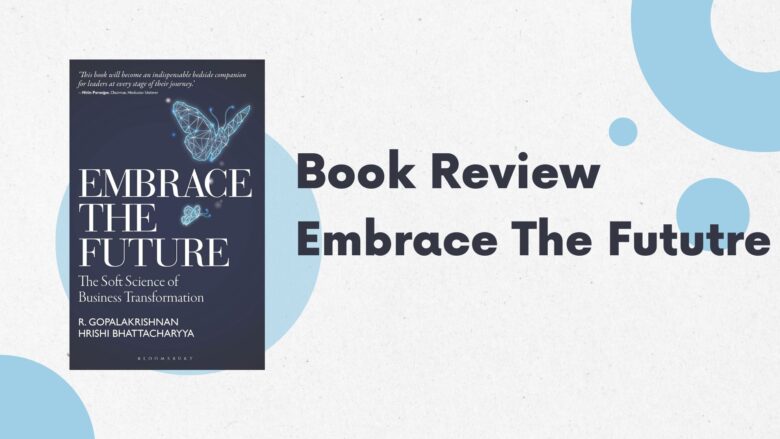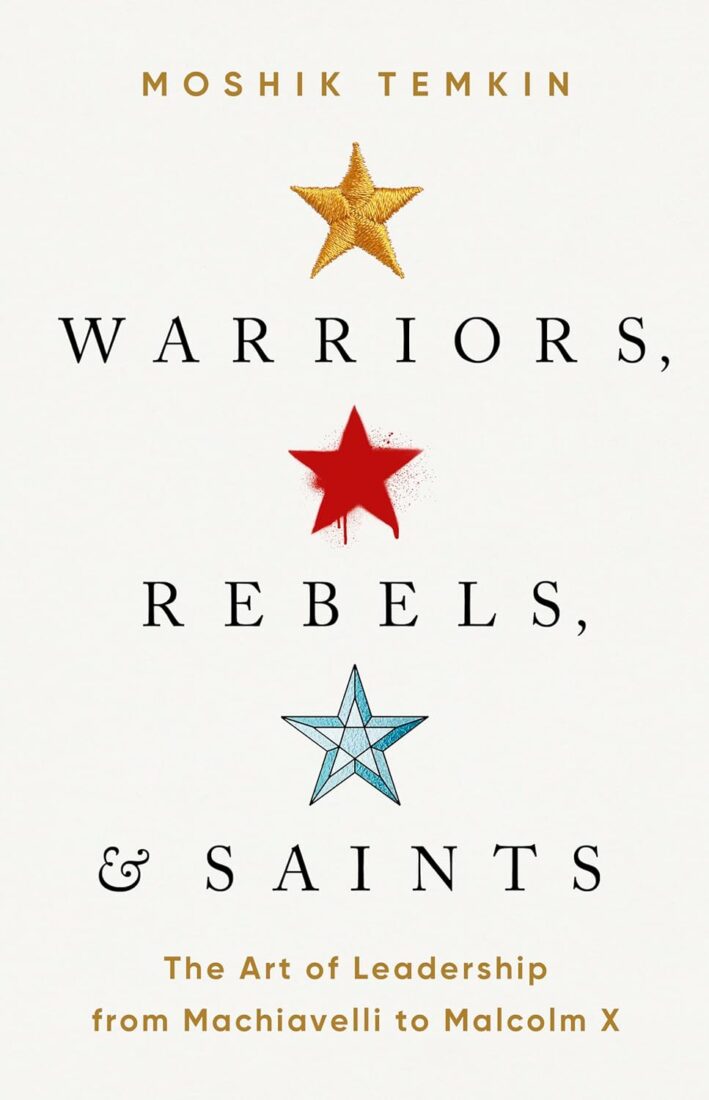Book Review: The Heart of a Business by Hubert Joly
- Publisher: HBR Press, 2021
- Date of Review: 2nd Nov 2021
- Reviewer: R. GOPALAKRISHNAN
Humans yearn for a simpler world, yet we coexist with contrasts: the humble and the pompous, the good and the bad, the greedy and the generous. According to Chinese philosophy, those who master the balance of yin and yang, combining complementary opposing forces, conquer the world.
In the corporate realm, opinions about businesses range from viewing them as greedy bloodsuckers to praising them as forces for good. Throughout my career with Unilever and Tata, spanning fifty years, I’ve engaged in initiatives that created employment, reskilled staff, and delivered fair incomes, expanding economic activity significantly. Did I serve the nation? Undoubtedly, and perhaps more than many others, echoing Alfred Marshall’s 1910 sentiment that “if India had a score or two of men like Mr. Tata, India would soon be a great nation.”
Hubert Joly’s new book, The Heart of Business, categorizes as one praising the goodness in corporations. It discusses how corporate leaders can create companies that are humane and passionate, which, as a byproduct, achieve impressive growth and great profits. Unfortunately, stories of good deeds often garner less interest than those of misdeeds, as seen in Netflix’s lineup or the daily news.
In a world often focused on the negative, Joly’s book shines like a lone candle in the darkness. Drawing on his experiences and lessons from turning around Best Buy between 2012 and 2019, the content resonates with other influential works like Good to Great, Conscious Capitalism, and Firms of Endearment.
Joly asserts, “I firmly believe that it is business’s business to get involved in societal issues.” This belief is tested in the challenging realities of India, where a firm’s progressive advertisement can provoke backlash from conservative quarters, risking damage to its properties. This dichotomy challenges Joly’s conviction, especially in Indian contexts.
Many Indian firms need a turnaround. Unlike typical literature on the subject, Joly advocates a unique approach: “Always start with people, always end with people, and generate human energy.” This perspective informed his successful strategies at Best Buy.
Applying the Joly formula to Air India as Tata prepares to take over might focus on revitalizing the company by prioritizing its people, which aligns with the century-old Tata ethos. This human-centric approach might seem soft to left-brained, analytics-driven commentators, yet it could very well succeed.
Joly also recounts learning from Jean-Marie Descarpentries, CEO of Honeywell Bull, whose approach emphasized prioritizing people over business and finance. If such ideas are implemented in Air India’s turnaround, the current employees, though initially stunned, might become curious and eventually energized, significantly contributing to the turnaround efforts.
Lastly, Joly addresses the challenges when a company grapples with its majority shareholder, using his own experiences at Best Buy after the retirement of founder Dick Schulze. Schulze’s attempt to take the company private led to a decline in share prices and morale. Joly’s approach to resolving conflicts with Schulze involved establishing a firm boundary about taking advice but not directions, which ultimately led to a substantial return to shareholders by the time of his retirement in 2019.
Reviewing The Heart of a Business has been a delightful journey into understanding the softer, yet profoundly impactful, side of corporate management.


